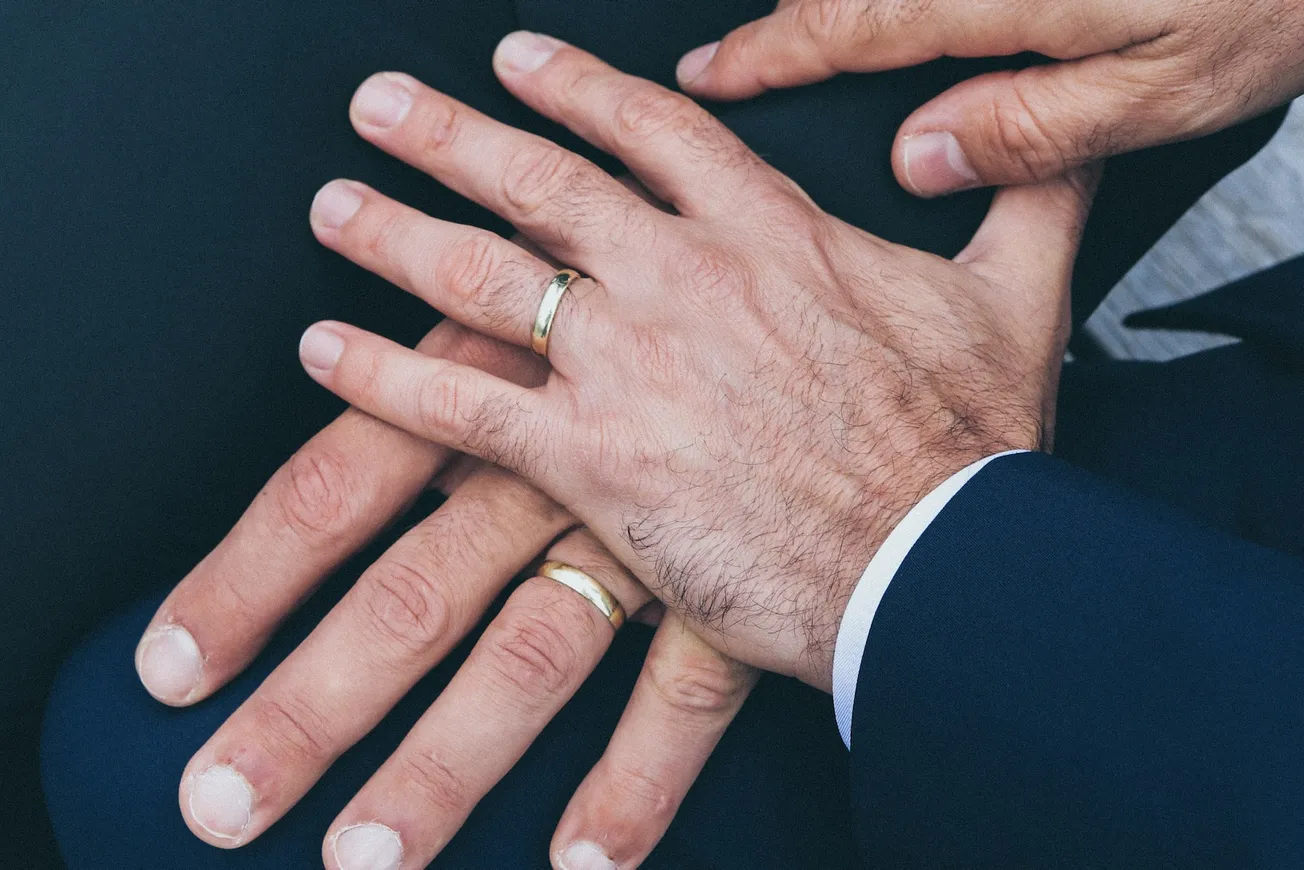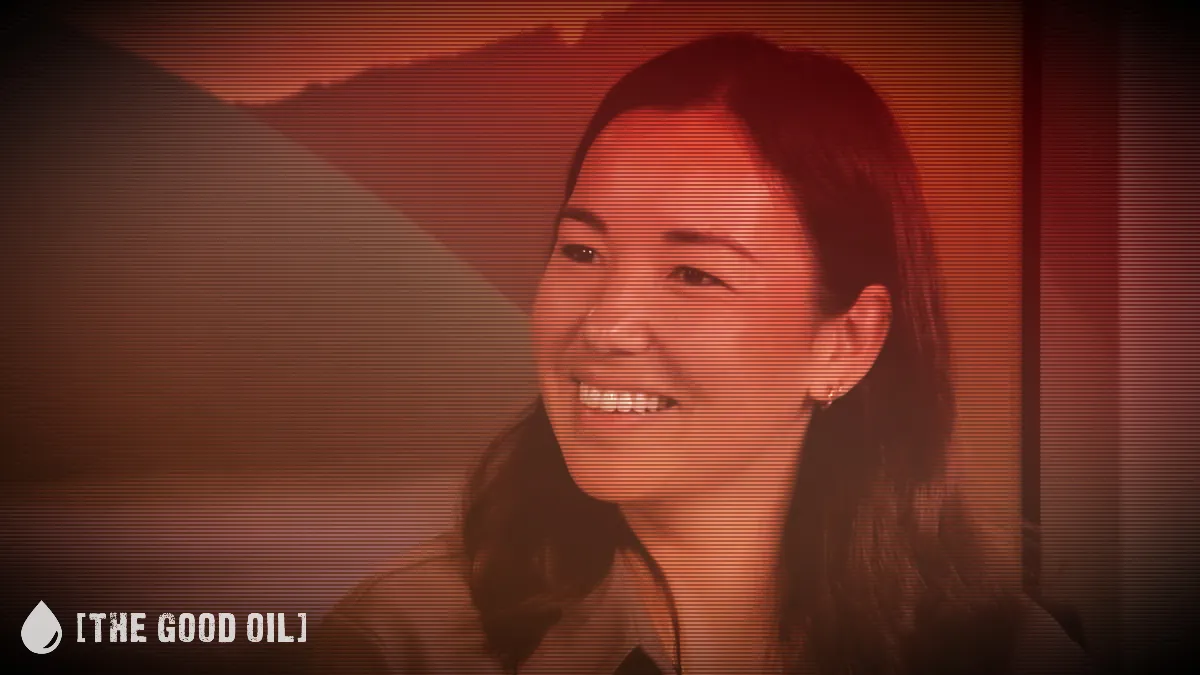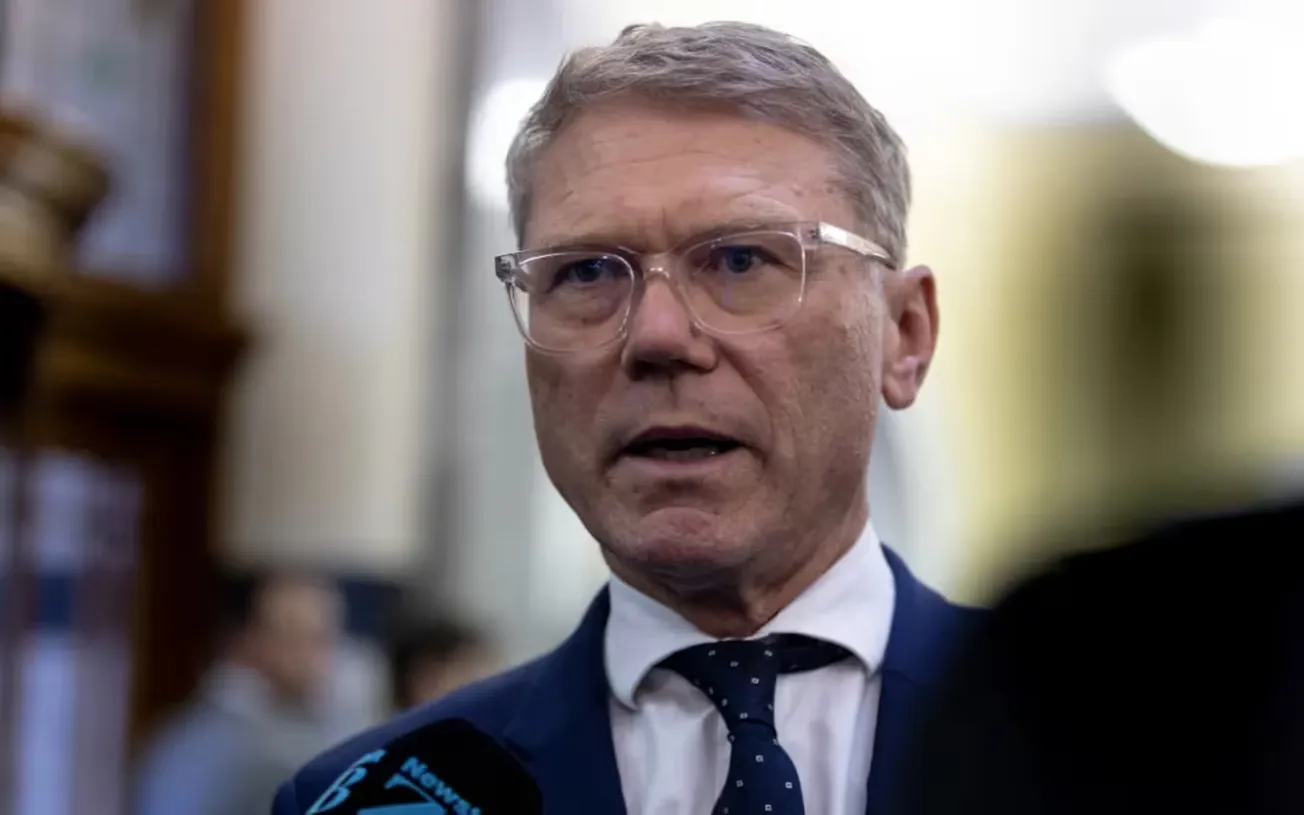Table of Contents
James Parker
James Parker is a former gay activist and abuse survivor who supports people and their loved ones around sexuality, gender and identity.
Tasmania could follow Queensland, the Australian Capital Territory (ACT) and Victoria in banning conversion therapy – which includes therapeutic or spiritual interventions linked to sexuality and identity.
I have a deep interest in this issue as I have struggled with same-sex attraction. The observer who makes the most sense on this incendiary issue is Patrick Parkinson, a nationally-respected law professor. In a submission commenting on the consultation draft of Tasmania’s Justice Miscellaneous (Conversion Practices) Bill 2024, he writes:
“I support the drafting of this Bill, if there has to be one… as a political compromise between the LGBTQ+ advocacy groups and those who consider legislation in this area is likely to be harmful.” (bold highlight is mine)
However, he goes on to say,
“I would rather this Bill not be enacted. I see no reason for it, given that reprehensible forms of so-called ‘conversion therapy’ died out more than 30 years ago. In my view, the Bill is being introduced for political reasons.” (bold highlight is mine)
Those primarily affected by this unnecessary bill would agree. I know this firsthand. I walk alongside many of them in every state and territory of Australia.
Parkinson states that “the use of the criminal law for political purposes should not occur in a civilised democratic society.” He acknowledges that there now appears to be:
“universal acceptance in the mental health community that forms of aversion therapy and other such techniques are both unethical and ineffective, and given also that the health professions are now heavily regulated, there is no need to threaten health professionals with criminal sanctions to address a problem that no longer exists.” (bold highlight is mine)
Tasmania’s Law Reform Institute (TLRI) has offered no persuasive evidence that religious organisations, or ministers of religion affiliated with them, are engaging in aversion, change or suppression therapeutic practices in pastoral counselling.
This bill affects no one who is out and proud and who makes the glitz and glitter of the queer community their primary social network. It does, however, profoundly affect those who experience exactly the same degree of same-sex attraction or gender incongruence as those in the queer community and yet:
- have chosen either to leave this community, where some were sexually assaulted
- want to exit the LGBTQ+ community because they see it as toxic and insular
- are married and want to live a normal, faithful family life.
LGBTQ+ activists ignore these people or deny that they exist. But they have a right to seek the help they need to achieve their lifestyle goals.
Parkinson, an expert in medico-legal matters, family law and child protection, believes that legislation must be “drafted with the greatest of care to avoid unintended consequences”, so as not to “include creating a chilling effect that deters clinicians from offering beneficial therapy.” This is exactly what has happened in Queensland, in the ACT and in Victoria where the mental, emotional and physical health of many people with same-sex and gender trauma in their backgrounds is now plummeting.
Here are quotations from a few of those in these three jurisdictions with anti-conversion practice laws:
Queensland – female educator and married mother in her 30s: “I spent over ten years in the lesbian community. I had a long-term lesbian relationship during that time and was pretty happy.
“I have always stood for ‘freedoms of choice’ and I still do. But my freedom to continue to pursue the therapy which led me to marry the man of my choice and to find utter joy in motherhood alongside him has been robbed from me by new state laws.
“Who has the right to judge what is and isn’t good for my life? No one is forcing anyone to do what they don’t want to do – but legislators, pushed by LGBTQ lobbyists, have now forced me not to continue the therapy which has been life-giving and beneficial to me and to my family.”
ACT – male professional, a married father in his 40s: “I love my wife and I love my kids. They are my world. It was only some years into my marriage that I first began to experience a strong rise of erotic same-sex attractions. Therapy taught me that sexuality is unique to each individual, and so each individual should be able to uniquely respond to their attractions.
“My choice to deal locally with the numerous comorbidities that I never saw existing within me has been stripped from me by regional laws. To protect myself, my marriage and my family I am now left to seek help elsewhere, and particularly overseas.”
Victoria – Middle Eastern woman in her 30s who is a survivor of sexual assault: “The Victorian Government’s decision to pass the Change or Suppression (Conversion) Practices Prohibition Act 2021 has profoundly affected my life and those of other female sexual assault victims in the state. We are now unable to speak openly within therapy – if we can still find therapists to help us. God forbid, suicide numbers will increase.”
Victoria – Asian female in her 60s, an abuse survivor with a bisexual past: “Our state government wants to catch perpetrators, but policing therapy with references to sexual attractions or gender identity further prevents this. This Act is now further damaging those who have been abused and left to fight for survival with our childhood secrets.”
Parkinson is bold enough to acknowledge that the governments of the ACT, Queensland, and Victoria have been “quite dismissive of legitimate concerns expressed by medical bodies, psychologists, lawyers and others.”
The “others” are predominantly those sexually abused in childhood, adults who have been raped or sexually assaulted from within and outside of the LGBTQ+ community (whose numbers are much higher than many people realise), plus others who use therapies such as CBT, DBT, ACT, Gestalt and so forth. These are mainstream therapies adapted for the needs of patients in different situations. Why not for same-sex attraction?
Parkinson calls out the elephant in the room. He says that:
“the campaign for conversion therapy legislation is really directed at faith communities to deter them from preaching and counselling in accordance with their traditional beliefs on sexual ethics” which is rightly “a misuse of the law.” (bold highlight is mine)
“The criminal law should not be used in a war on ideas or beliefs. Indeed, it is unconstitutional to try to do so. Section 46(1) of the Constitution Act 1934 (Tas.) provides: “Freedom of conscience and the free profession and practice of religion are, subject to public order and morality, guaranteed to every citizen.”
The architects of DEI have stumbled again. True diversity, equity and inclusion are the last topics they wish to focus on.
Parkinson hits the nail on the head: “there is no case to be made on the basis of public order or morality to criminalise people’s religious beliefs or practices in relation to these matters, however vehemently people may disagree with particular beliefs or moral views.”
At a time when many European countries such as Finland, Sweden and Norway, France and the UK, and over 20 American states, are retreating from the gender affirmative model — the only channel offered across Australia to minors dealing with gender dysphoria — Tasmania’s LGBTQ+ ideologues appear resolute to “push gender incongruent children and young people on to a medical pathway of puberty blockers, cross sex hormones, surgeries and lifelong medicalisation, while criminalising therapeutic options which may help them to resolve their distress and to become more comfortable with their natal sex.”
There is indeed an ever-increasing body of evidence which indicates that “at least some gender incongruence may have its aetiology in family dysfunction, disordered attachments, adverse childhood experiences and other trauma.”
Parkinson is again correct. These are the underlying issues. I know this firsthand only too well. Without therapy for these invisible issues, no amount of hormonal ingestion or bodily mutilation will change the underlying core struggles.
“There is absolutely no evidence of any harm that arises, or has arisen, from responsible therapy that explores the reasons for a young person’s gender incongruence and helps them to become more comfortable with their natal sex, thereby avoiding the irreversible consequences of cross-sex hormones and surgeries.”
As Parkinson puts it, “these medical interventions may benefit some people, but they may also destroy fertility and greatly affect sexual function, as well as carrying significant long-term and serious health risks” – and they do.
You have only to read the tragic stories of Australians such as Jay Langadinos and Ollie Davis to name but two of an ever-increasing collective of trans Aussies who have been misdiagnosed, maltreated, mutilated and then discarded because they no longer choose to embrace trans fantasies.
Parkinson says that the medical pathway – which is currently the sole offer to Australia’s vulnerable gender incongruent minors – “could best be described as a form of conversion therapy.”
Parkinson’s conclusion summarises the debacle:
“Conversion therapy will continue in Tasmania to the extent that the Department of Health, supported by advocacy organisations, continues to provide irreversible medical treatments to children and young people who without intervention would grow up to be gay or lesbian adults. In 10 years or so, the costs and harms of newly fashionable ideas concerning gender identity are likely to become much clearer than they are now.”
On behalf of the many unheard voices across Tasmania of those with same-sex attraction and gender confliction, I publicly thank you, Professor Parkinson, for speaking up for those whose stories are rarely, if ever, heard.









